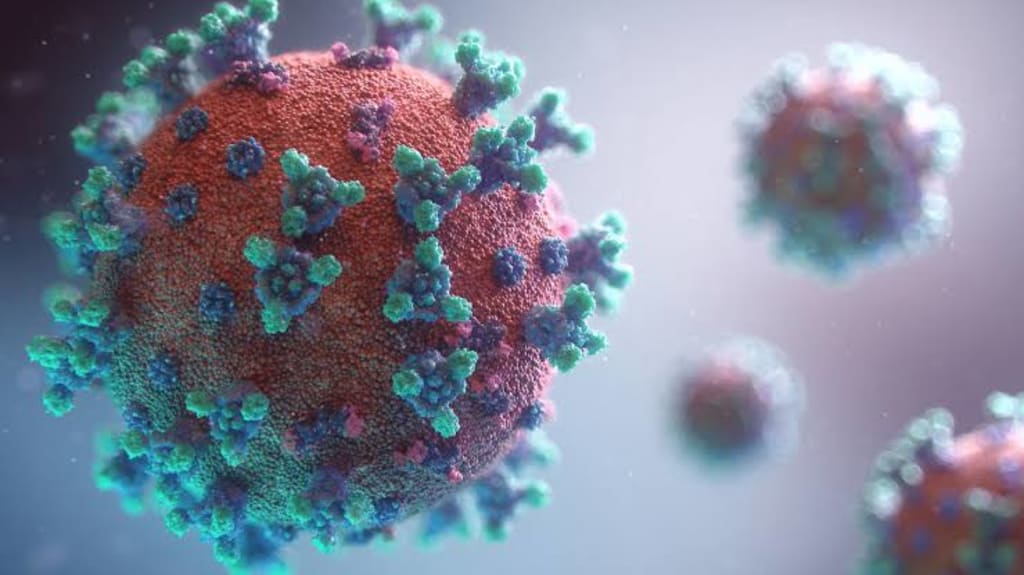Comprehensive Guide to RSV Prevention: Effective Strategies and Tools
Respiratory Syncytial Virus (RSV) Threat: Impact on Children, Seniors, and Immune-Compromised Individuals

Respiratory Syncytial Virus (RSV) is a silent intruder, a microscopic menace that stealthily invades our respiratory system, often causing infections in the lungs and the respiratory tract. It is an exceedingly common virus that affects a significant portion of the population, with children typically falling victim to its clutches before they even reach the age of two. But RSV doesn't discriminate by age, as it can also infiltrate the bodies of adults, wreaking havoc in its path.
The Impact of RSV on Different Age Groups
The severity of RSV infections can vary greatly depending on age. It can be a formidable adversary, particularly among children aged 12 months or younger, older adults, and individuals with preexisting heart and lung conditions, especially those with compromised immune systems.
RSV has a seasonal rhythm, with its activity typically peaking from November through March. Its symptoms, at first glance, might resemble those of a common cold, especially in healthy adults. These symptoms include a runny nose, a dry cough, a mild fever, a sore throat, sneezing, headaches, and congestion.
Symptoms usually manifest about four to six days after exposure to the virus. In severe cases, RSV can lead to bronchitis, pneumonia, a persistent and severe cough, wheezing (particularly in individuals with Chronic Obstructive Pulmonary Disease or COPD), labored breathing, and even a bluish tint to the skin due to oxygen deprivation. In younger children, RSV infection can cause difficulty breathing, feeding problems, unusual tiredness, and irritability.
RSV's Impact on Immunity and Co-Infections
One concerning aspect of RSV infection is its ability to weaken the immune response, rendering the infected person more susceptible to other infections, including the notorious COVID-19. Given that both RSV and COVID-19 are caused by respiratory viruses, some symptoms can overlap, making it all the more challenging to distinguish between the two.
Transmission and Contagiousness of RSV
RSV can infiltrate the body through the nose, mouth, and eyes, primarily through contact with respiratory droplets in the air. Coughs and sneezes from infected individuals are common vectors for transmission.
Direct contact with contaminated surfaces or shaking hands with an infected person can also lead to RSV transmission. Once RSV-laden droplets are released, they can linger on various surfaces for hours, making it alarmingly easy for unsuspecting individuals to inhale the virus.
Infected individuals are most contagious during the first week of the illness, but for those with compromised immune systems or older adults, the virus can continue to spread for up to four weeks.
Risk Factors and Vulnerable Populations
Certain individuals have a higher risk of contracting RSV, primarily due to underlying health conditions. This includes infants with underdeveloped immune systems, children with comorbidities such as heart or lung disease, individuals undergoing chemotherapy for cancer treatment, those with muscular dystrophy, and adults over the age of 65.
Diagnosing RSV
Diagnosing RSV involves a combination of laboratory tests and imaging. Blood tests are crucial for assessing white blood cell counts and identifying viruses, bacteria, and other pathogens in the blood. Additionally, chest x-rays may reveal signs of lung inflammation, a hallmark of RSV infection.
Preventing RSV Infection
Prevention is always better than cure, and this holds true for RSV. One of the most effective prevention strategies is vaccination. Two RSV vaccines have been approved for individuals over 60 years of age: Arexvy by GSK Pharmaceuticals and Abrysvo by Pfizer. These vaccines are administered as single doses and have demonstrated an impressive efficacy rate of over 80% in adults aged 60 and older. Healthcare providers play a pivotal role in encouraging patients to receive the appropriate vaccine on time, thereby shielding them from RSV infection.
For expectant mothers, the FDA has given the green light to Abrysvo to prevent RSV infection in infants from birth through 6 months of age. The vaccine can be administered anytime between 32 and 36 weeks of pregnancy.
Nirsevimab, an antibody product marketed under the name Beyfortus, provides another layer of defense. It can be used for infants younger than 8 months or for children aged 8 to 19 months who face a high risk of RSV infection.
Besides vaccination, simple lifestyle changes can go a long way in preventing RSV. Regular hand washing, avoiding close contact with infected individuals, and maintaining cleanliness by disinfecting toys and common surfaces are crucial habits to adopt. And, of course, avoiding smoking, which can weaken the respiratory system, is equally important.
In Conclusion
In the battle against Respiratory Syncytial Virus, knowledge is your most potent weapon. Awareness of its potential severity, transmission routes, and the preventive measures available can significantly reduce the risk of infection. Lifestyle modifications, preventive tools, and RSV vaccines are all effective strategies to safeguard your health. By getting vaccinated ahead of the annual RSV season and following these simple preventive measures, individuals, especially those at high risk, can fortify their defenses against this stealthy and potentially harmful virus.
About the Creator
Enjoyed the story? Support the Creator.
Subscribe for free to receive all their stories in your feed. You could also pledge your support or give them a one-off tip, letting them know you appreciate their work.






Comments
There are no comments for this story
Be the first to respond and start the conversation.